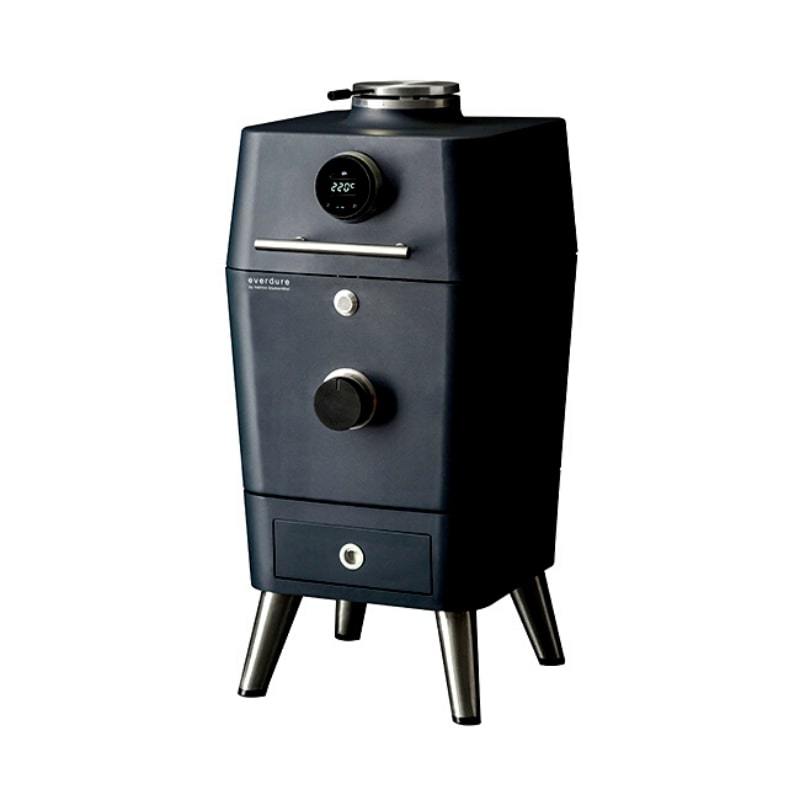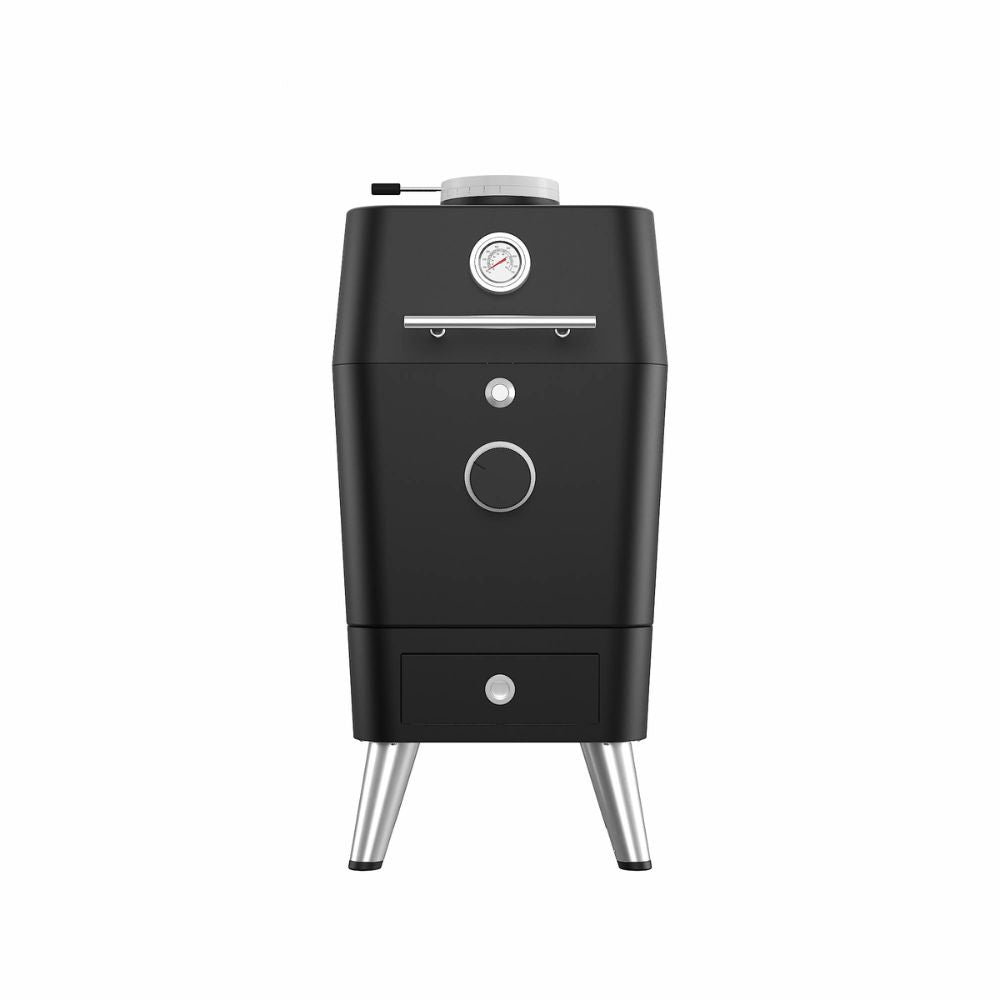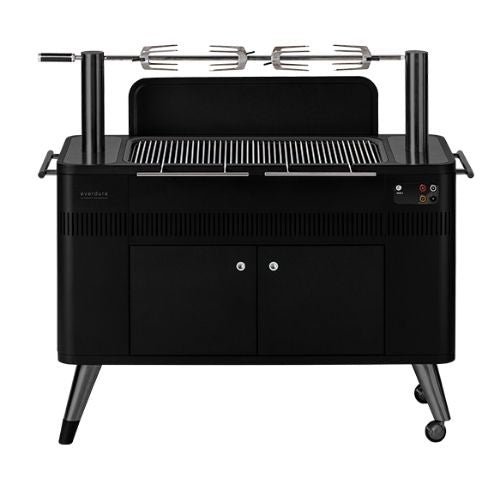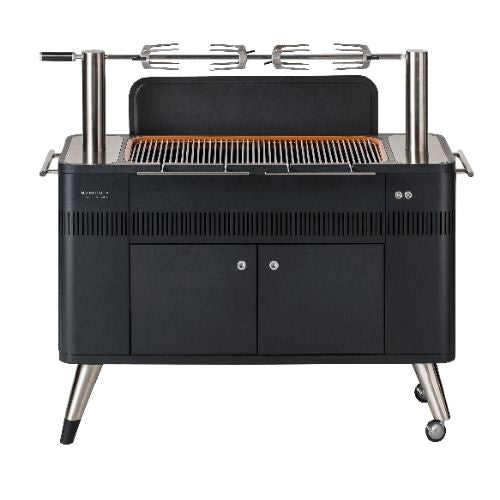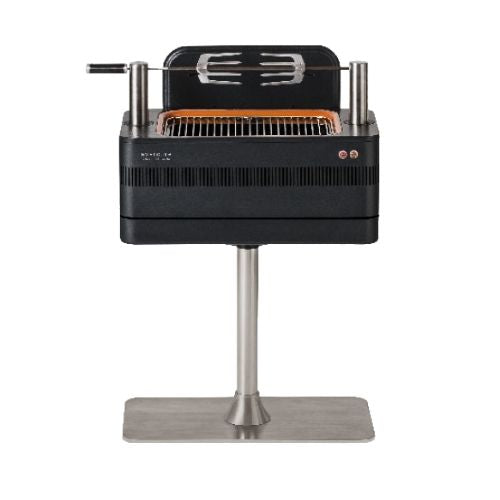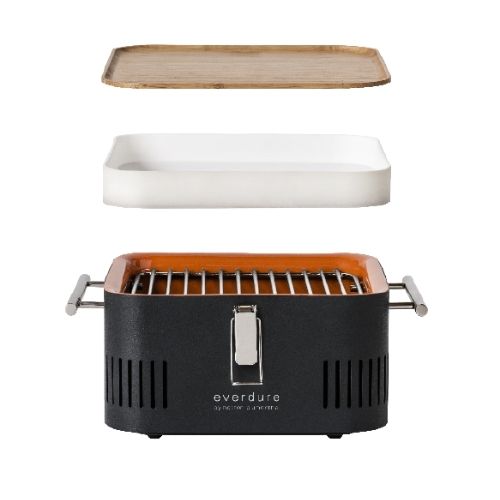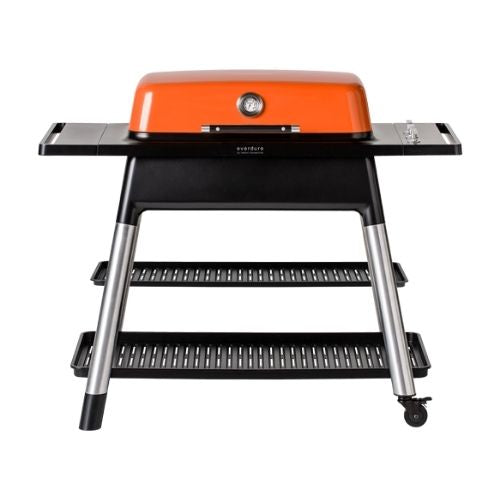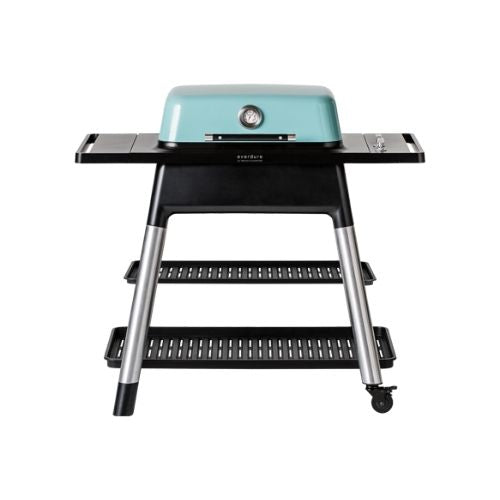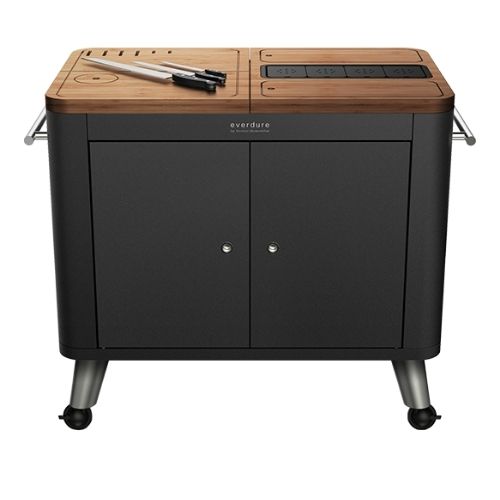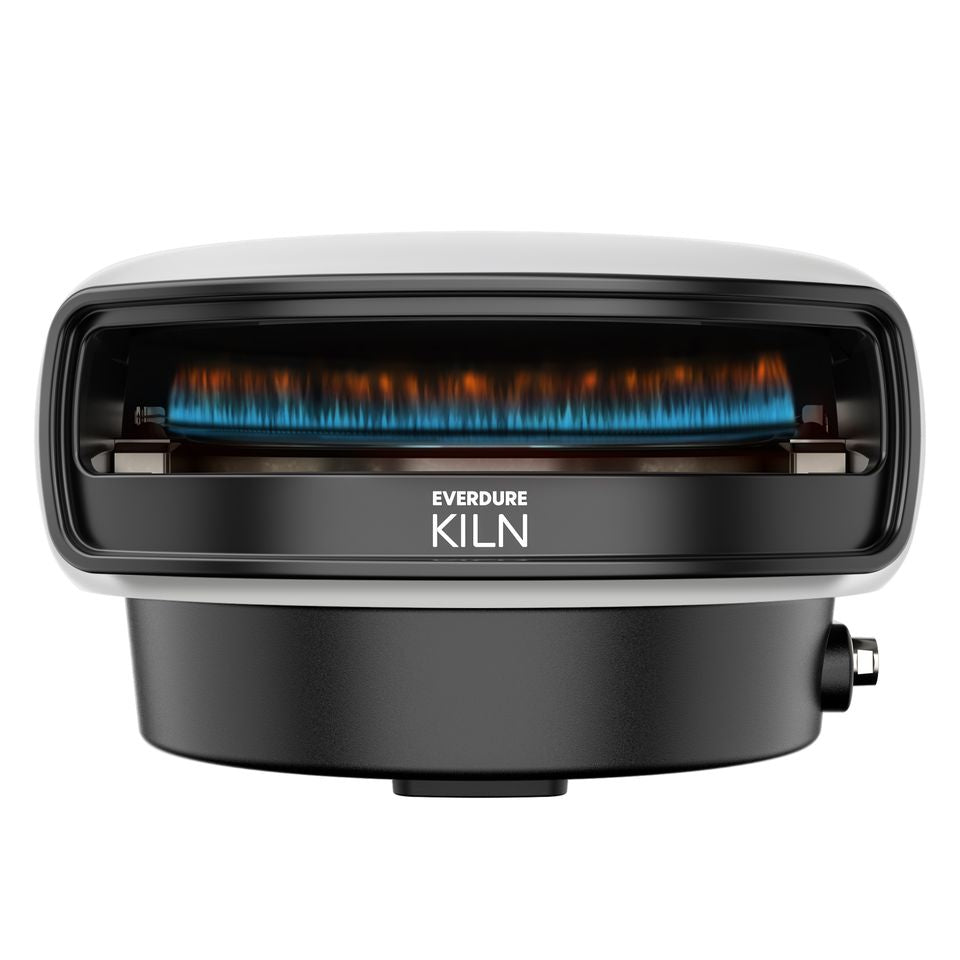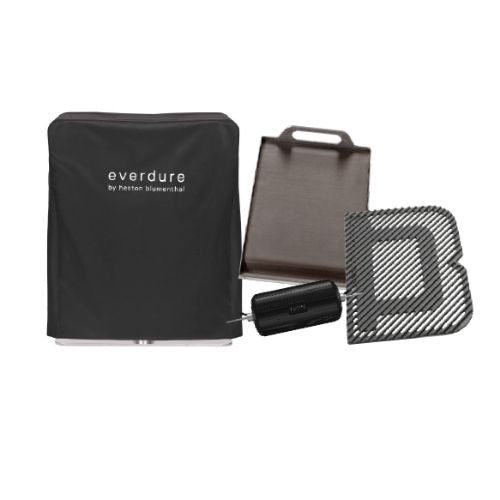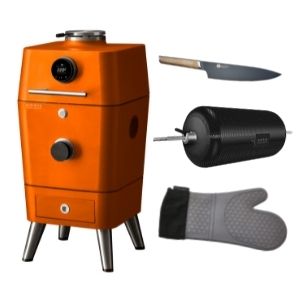Understanding Briquettes and Charcoal
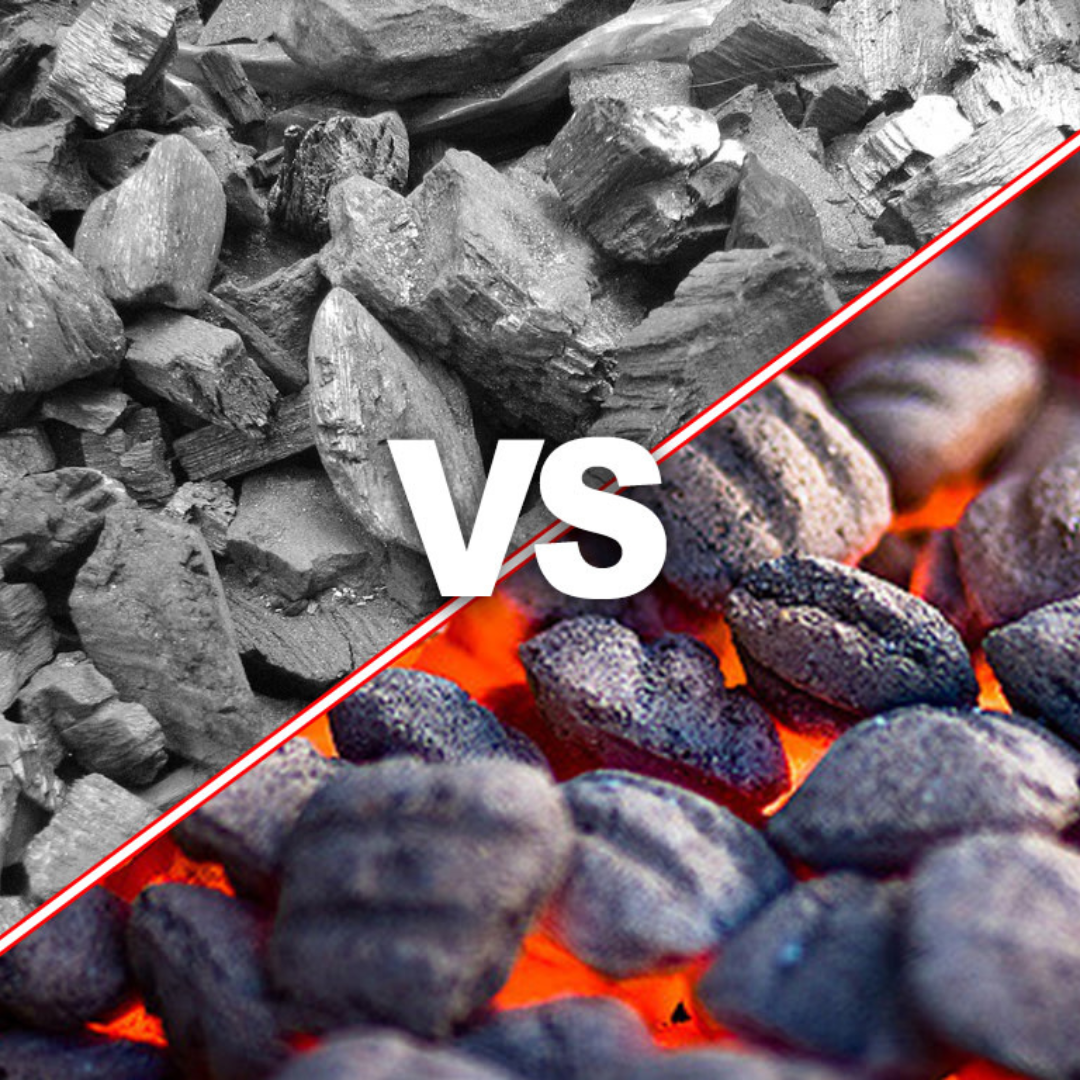
Charcoal: Traditional charcoal, also known as lump charcoal, is made by slowly burning wood in the absence of oxygen, leaving behind pure carbon in the form of charred wood pieces. It's known for its natural flavor, quick lighting, and high heat output.
Briquettes: Briquettes, on the other hand, are made from compressed sawdust, wood chips, and other biomass materials, often bound together with additives like starch. They are designed to burn longer and more evenly than lump charcoal.
Cost Comparison
- Initial Purchase Price:
- Briquettes: Generally, briquettes are cheaper on a per-pound basis compared to lump charcoal. You can often find larger bags of briquettes at a lower cost than similar amounts of lump charcoal.
- Charcoal: Lump charcoal tends to be more expensive because it is made from pure wood and undergoes a more complex production process.
- Burn Time and Efficiency:
- Briquettes: One of the major advantages of briquettes is their consistent shape and density, which allows them to burn more steadily and longer than lump charcoal. This means you might use fewer briquettes over a longer cooking session.
- Charcoal: While lump charcoal burns hotter and faster, it tends to burn out more quickly than briquettes. This could mean more frequent refueling, which might offset its initial higher cost.
- Temperature Control:
- Briquettes: Due to their uniform size and shape, briquettes provide better temperature control and longer burn times, making them more efficient for low-and-slow cooking methods.
- Charcoal: Lump charcoal’s irregular shape can make temperature control a bit trickier, but it excels in high-heat grilling situations, giving you a quick and intense sear.
Environmental Impact and Additives
- Briquettes: Often contain additives like binders and fillers, which can impact the flavor of your food and may have environmental implications. However, some brands offer all-natural briquettes made without these additives.
- Charcoal: Generally considered more natural, lump charcoal is free from chemicals and additives, providing a purer grilling experience. It also produces less ash compared to briquettes.
Introduction
- The Grilling Debate: Briquettes vs. Charcoal
- Factors Influencing Cost
Understanding Briquettes and Charcoal
- What is Charcoal?
- Definition and Production Process
- Characteristics and Benefits
- What are Briquettes?
- Definition and Production Process
- Characteristics and Benefits
Cost Comparison
- Initial Purchase Price
- Cost of Briquettes
- Cost of Charcoal
- Burn Time and Efficiency
- Burn Duration of Briquettes
- Burn Duration of Charcoal
- Temperature Control
- Consistency with Briquettes
- Performance with Charcoal
Environmental Impact and Additives
- Additives in Briquettes
- Types of Additives
- Impact on Flavor and Environment
- Natural Composition of Charcoal
- Chemical-Free Grilling
- Ash Production
Conclusion: Which is Cheaper?
- Budget-Friendly Choice: Briquettes
- Premium Flavor Option: Charcoal
- Personal Preference and Grilling Style
- When to Choose Briquettes
- When to Choose Charcoal
Are Modern Gas Heaters Safe?
As the cold months approach, the comfort and warmth provided by gas heaters become essential for many households. However, safety concerns often arise when considering the use of these appliances. Are modern gas heaters safe? Let's explore the advancements in technology, safety features, and best practices to ensure safe and efficient use.

